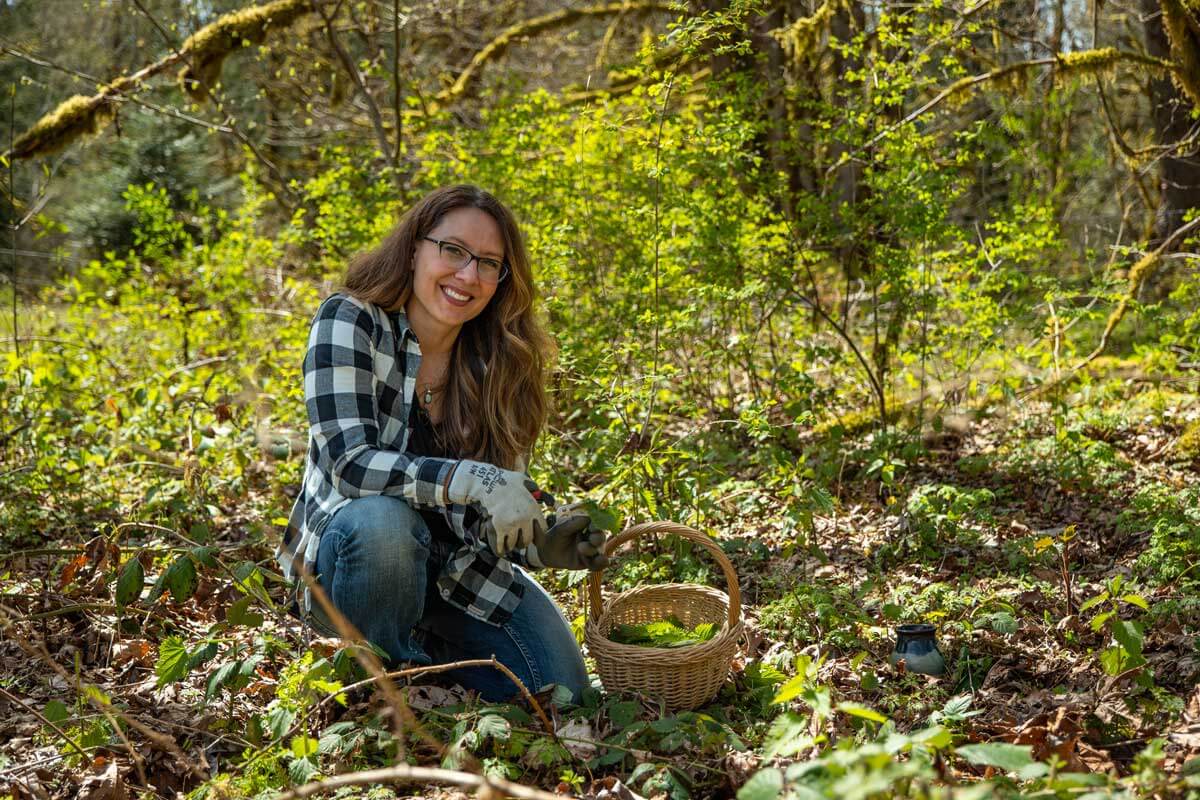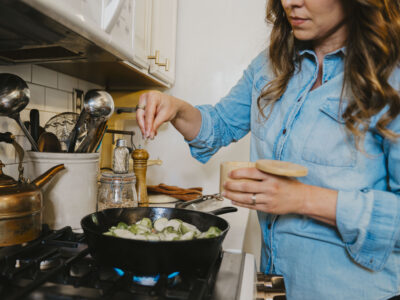Learn which medicinal herbs may grow wild near you, how to harvest them and what they can be used for. Join me for this podcast with Dr. Patrick Jones as we discuss all things wild medicinal herbs.
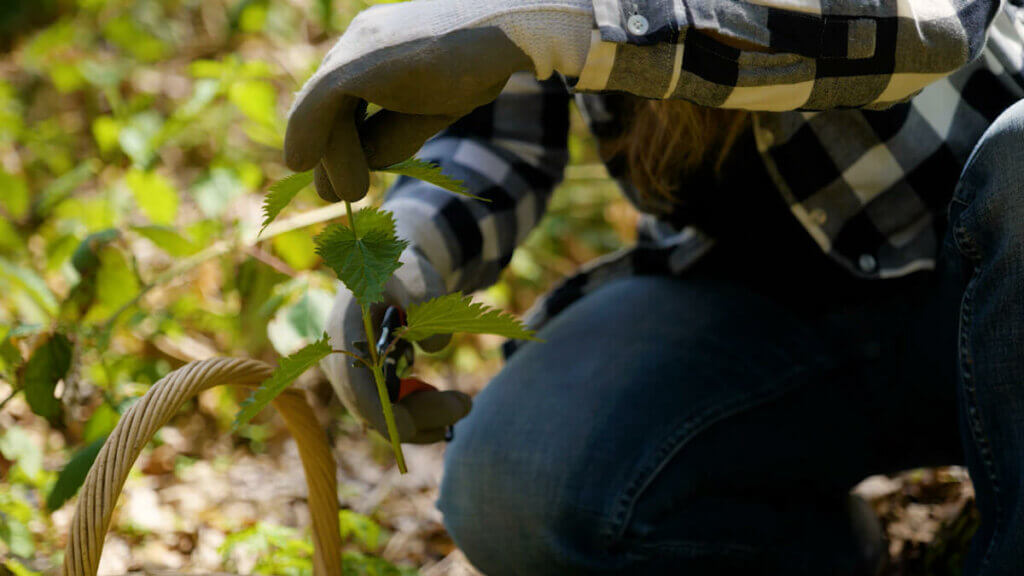
Homesteaders learn to look at things commonly seen as a problem and figure out a way to use them where we actually enjoy them or they’re beneficial on the homestead. Weeds is one of those things.
🍞 Struggling With Sourdough?
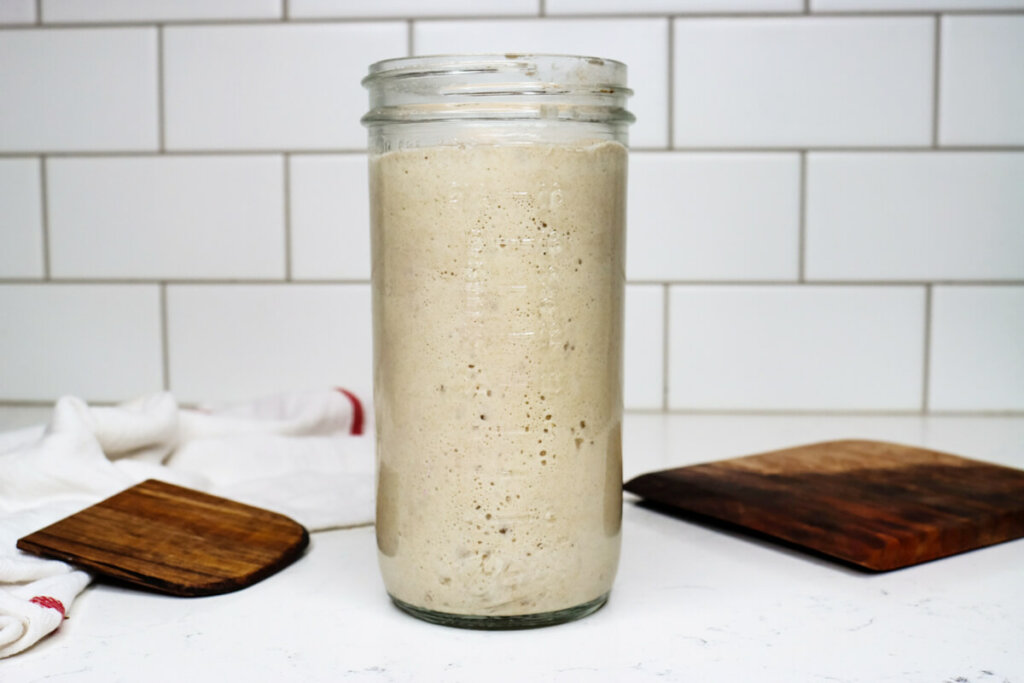
If your starter won’t take off, your loaves are dense and hard, or sourdough just flat-out overwhelms you…
👉 I’ll show you how to fix all of it.
Join my FREE workshop and learn how to make a bubbly, active starter—the right way, from Day One.
Natural Remedies Made Simple

Start your home apothecary with confidence—even if you’re brand new. Learn how to choose the right herbs for your body using the simple principles of herbal energetics.
Discover how warming, cooling, drying, and moistening herbs affect your body—so you can stop guessing and start making remedies that actually work.
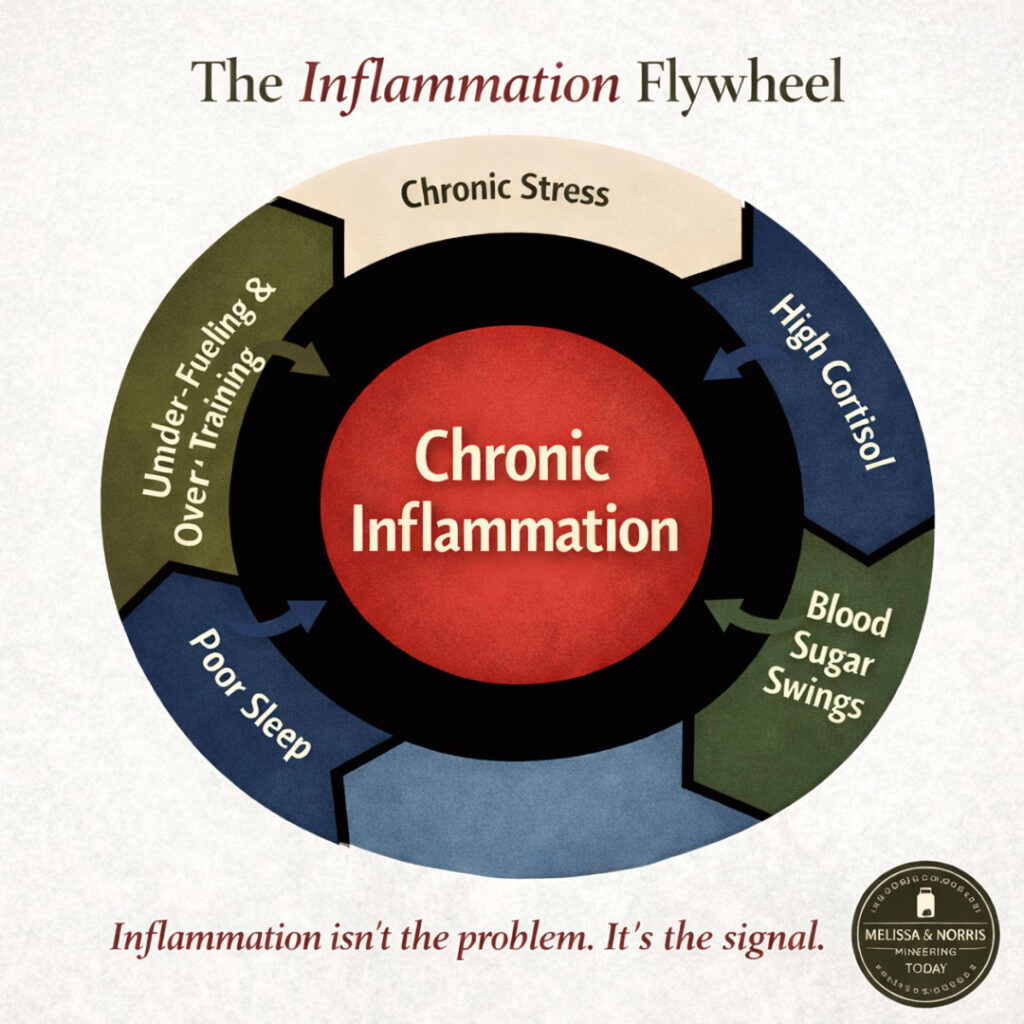
The Hidden Cycle Keeping You Inflamed
If you’ve been feeling puffy, tired, achy, or wired-but-tired, this two-page guide will help you understand what may be happening behind the scenes — even if you’re eating “healthy.”
Download the Inflammation Flywheel Guide and learn:
- Where to start so you don’t feel overwhelmed
- The 5 most common drivers that keep inflammation switched on
- Why blood sugar swings, stress, and poor sleep feed each other
This blog post includes two interviews, one with Dr. Patrick Jones of Homegrown Herbalist and one with Kathie Lapcevic from Homespun Seasonal Living.
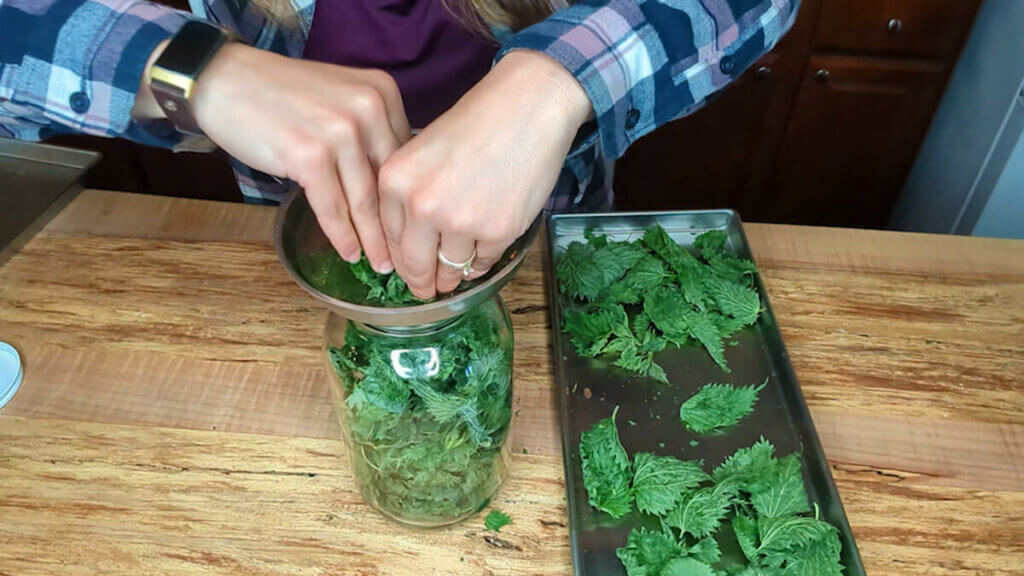
Table of Contents[Hide][Show]
Why You Should Harvest & Preserve Your Own Herbs
I use herbs in every season. Though there are still some herbs I purchase because I can’t grow them or forage for them locally, Doc Jones shares that, in most cases, by the time herbs get to you, they’re nearly one year old.
Since herbs have a shelf life of one to two years, you’re really cutting down on the shelf-life of what you paid for.
Furthermore, Doc Jones says the quality and medicinal properties just aren’t as strong as when you harvest something at the right time of day at the peak of the season for each herb.
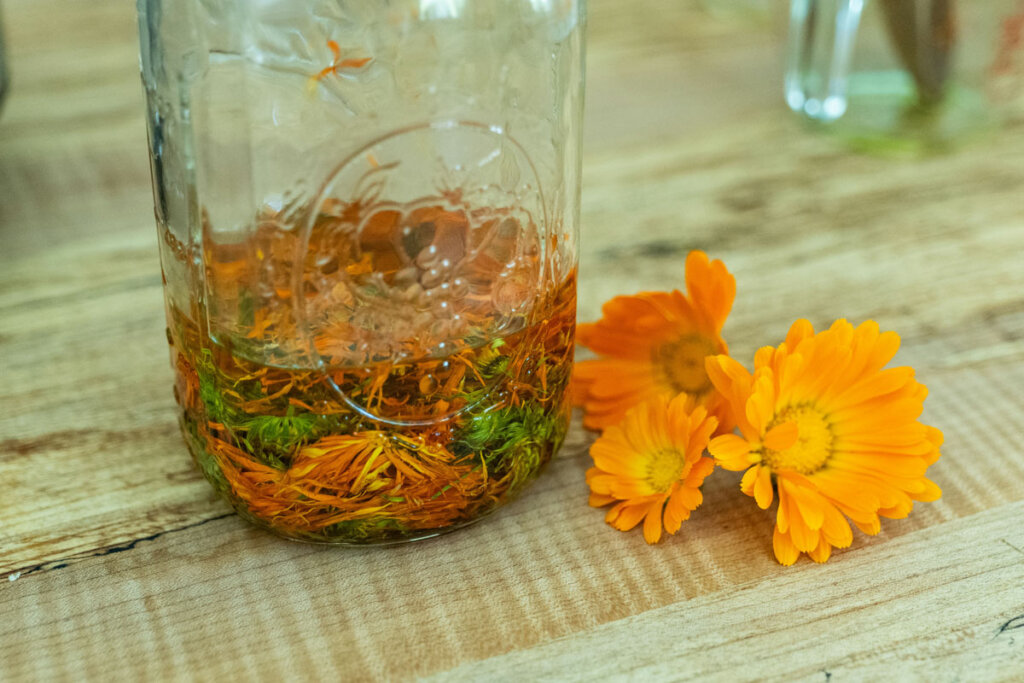
Preserving Medicinal Herbs
There are many ways to preserve medicinal herbs. Some herbs have leaves, flowers and roots that can all be harvested and used for different purposes. It’s important to understand how to maximize the medicinal benefits of each part of the plant.
It’s important to note that I am not a certified medical practitioner. This post is not intended to diagnose or treat but is for informational purposes only. Please contact your healthcare professional before introducing new herbal and natural remedies into your wellness routine.
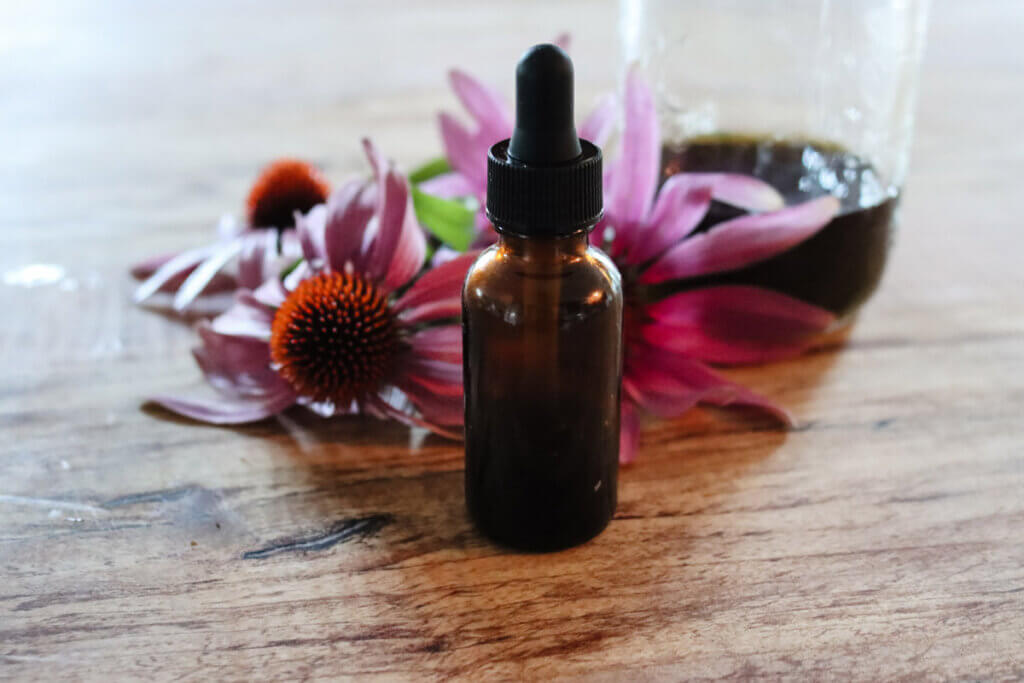
Preservation Methods of Herbs
- Dehydrating/Drying – This is perhaps the most common form of preservation for herbs (and sometimes the first mandatory step for the other forms of preservation). We’re most familiar with dried culinary herbs, and many of us have access to a dehydrator. Dried herbs can be powdered and encapsulated or used to make infusions, tinctures or teas.
- Infusions – Once herbs are dry, they can be turned into oil infusions. I love making calendula oil, and this same method of infusing oil can be used with many different herbs and then turned into salves or butters (like this dandelion salve, this peppermint salve, or this wound healing salve).
- Tincture – Turning herbs into a tincture is the best way to preserve them for long-term storage. Once herbs are tinctured, their shelf-life is indefinite. It’s important to consider the water content of the herb when infusing to understand if you should dehydrate it first or use a stronger proof alcohol (such as Everclear) to make up for the water content of the herb.
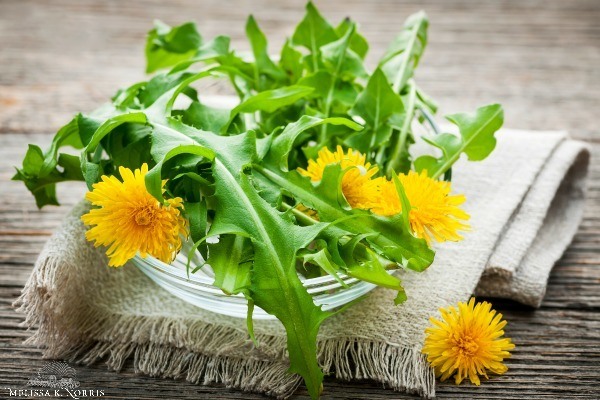
Wild Medicinal Herbs
There are countless medicinal herbs growing wild all around us. Sometimes we just need to tune our eyes into what it is we’re looking for.
What may have been a weed to you all your life, could now line the shelves in your medicinal herb cabinet.
- Dandelions – Dandelions are one of spring’s first gifts to the pollinators. The greens, flowers and roots are all useful for various culinary and medicinal uses. Be sure to check out my dandelion salve recipe.
- Chickweed – Chickweed is also great for both culinary and medicinal uses. All parts of the plant are edible.
- Stinging Nettle – I have an entire blog post dedicated to foraging, preserving and using stinging nettles. This is one you’ll want to learn how to identify to avoid those painful stings!
- Violets – Though violets don’t hold any medicinal purposes, they can be harvested and used for culinary purposes. This is our bonus “herb” because we discussed it in the podcast with Kathie.
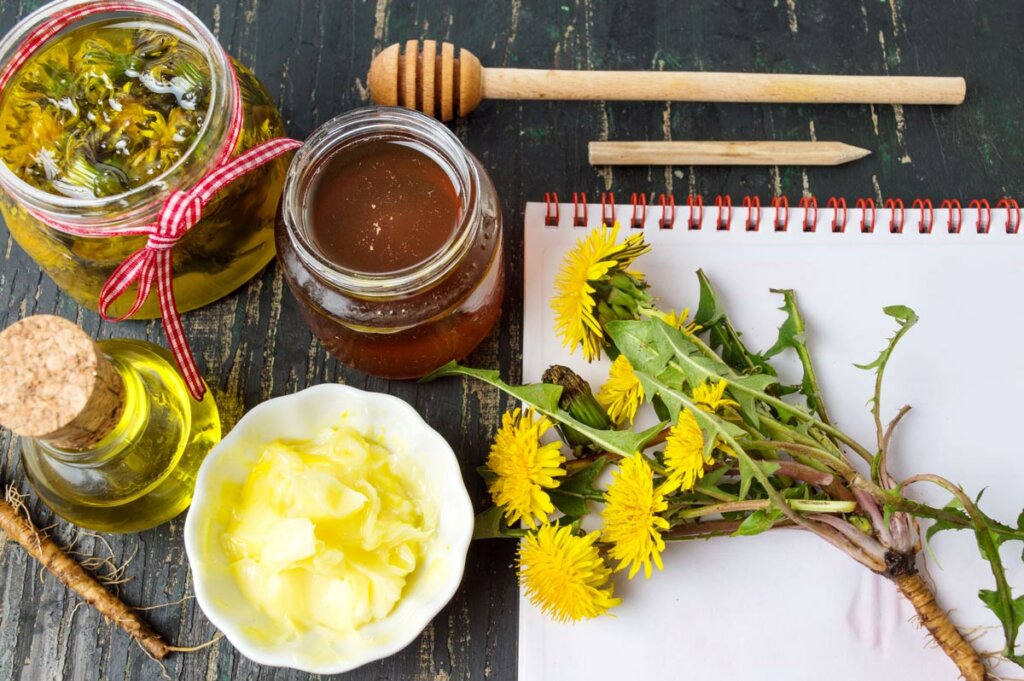
Medicinal Benefits of Dandelion
Doc Jones has a dandelion webinar on his YouTube channel packed with more info. Be sure to check it out!
- Dandelion Greens – Dandelion greens are great for the kidneys. They make a good diuretic (increases urine output) alternative to OTC remedies. (Source) The greens would be good to help with edema, bladder infections and clearing out the system. It’s packed with vitamins A and C, as well as potassium. (Source)
- Dandelion Roots – Dandelion roots are great for the liver. It’s good for stimulating bile production and bile flow, improving digestion. It also soothes and protects the gut. (Source)
- Dandelion Flowers – The flowers are edible and have some great medicinal properties as well.
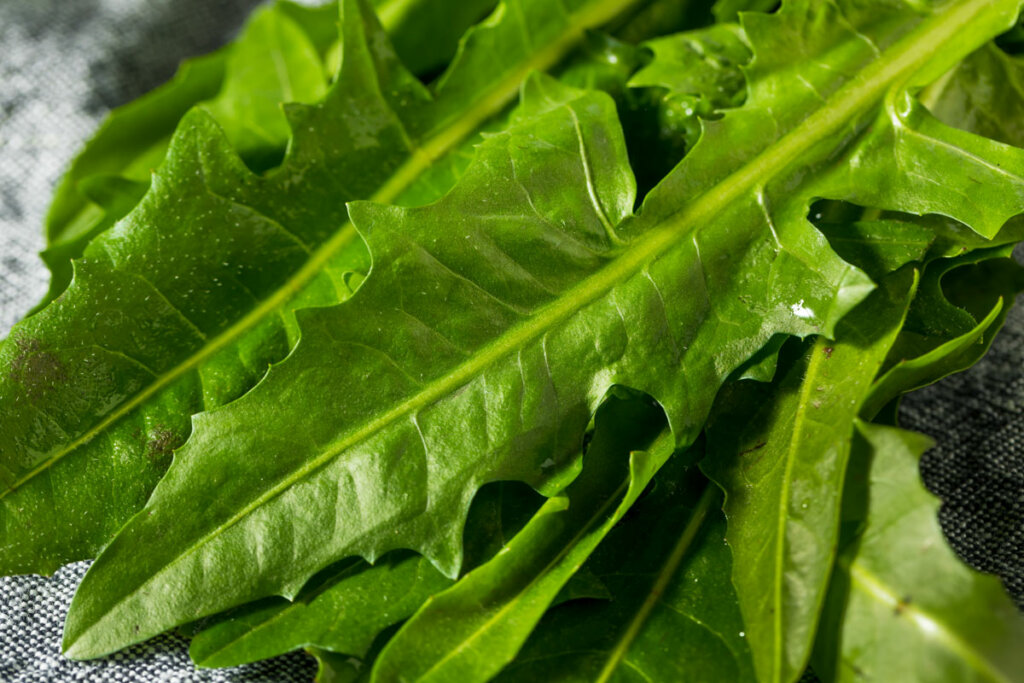
Ways to Use Dandelion
Dandelion greens can be consumed raw like you would use lettuce or spinach. Toss them into your smoothies or add them to soups.
Dandelion greens are best harvested when they’re young and tender before the plant begins to flower (and especially before the flowers go to seed). Early spring is ideal.
Dandelion blossoms have a very faint honey-like flavor. They can be added to many sweet dishes such as dandelion peanut butter cookies, rice puddings, compound honey butter, or even dandelion egg noodles.
Dandelion blossoms are best harvested just as they fully bloom (before they go to seed). You can also soak dandelion blossoms in olive oil (or any kind of oil) and rub it onto arthritic joints for pain relief.
Dandelion roots make a great coffee alternative. If you’ve ever heard of Dande Blend, then you know what the flavor is like as it’s made with dandelion root. The roots are really helpful for flushing uric acid from the body. Those with gout may find dandelion helpful. (Source)
The roots of the plant are best harvested in the fall or early spring before the plant puts out new growth.
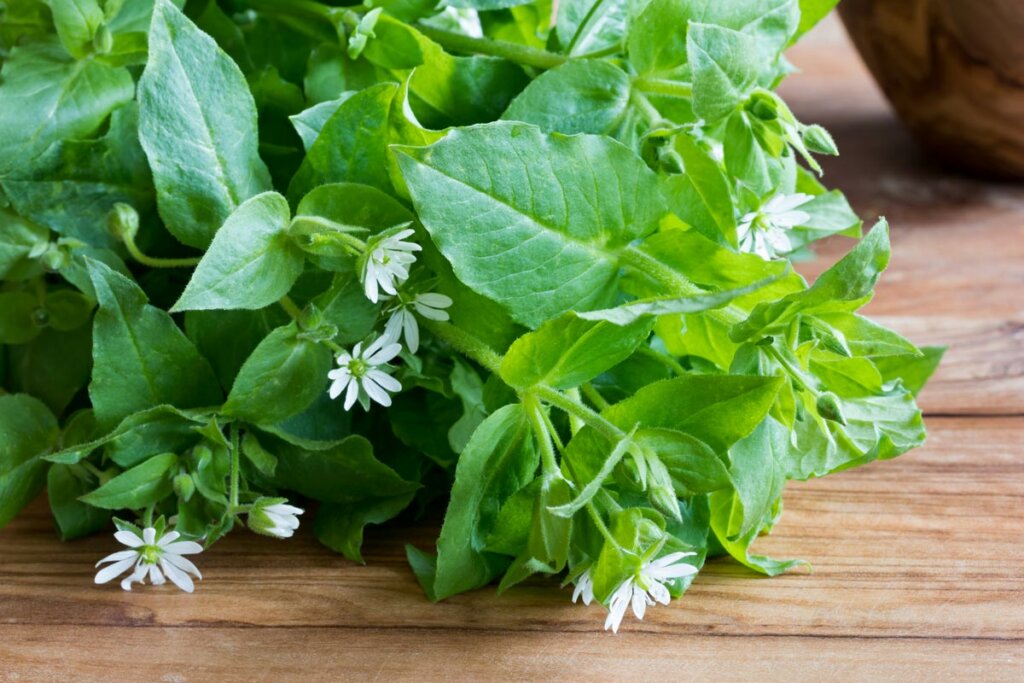
Medicinal Benefits of Chickweed
All portions of the chickweed plant are edible. It’s a diuretic, can be great when used externally for itchy skin, helps fight cellulite, and also has a cooling effect which makes it great for hot summer days. (Source) (Source)
Ways to Use Chickweed
Chickweed is pretty bland in flavor. It can be added to a salad to give it some bulk (a great way to help stretch the grocery budget). You can add it to basil pesto, to smoothies, or even blended with water and used as the liquid to make egg noodles.
Chickweed is best harvested in spring through mid-summer. If you wait too long into the summer it might start to get a little bit bitter.
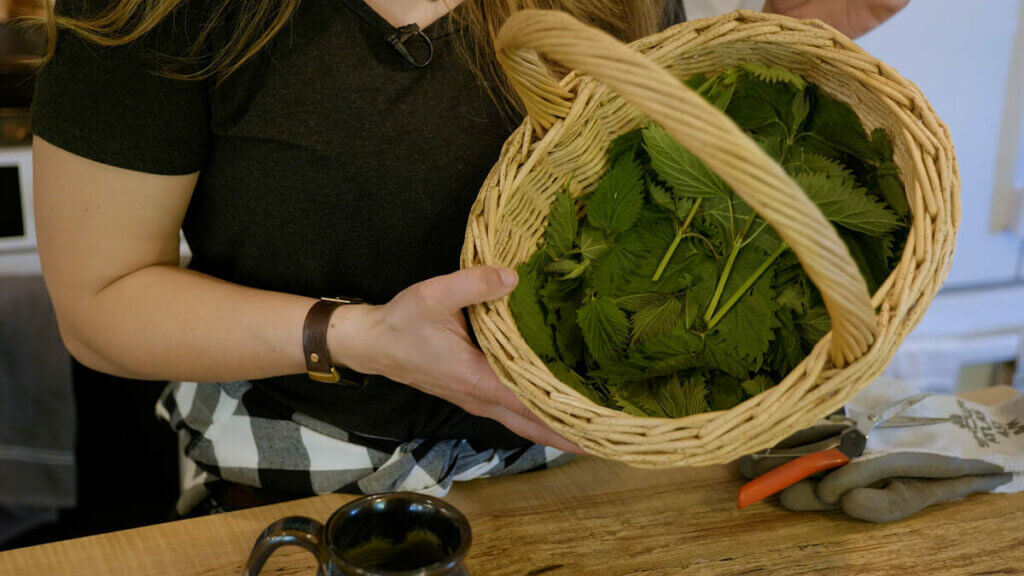
Medicinal Benefits of Stinging Nettle
As mentioned, I have an entire blog post on stinging nettle (harvesting, preserving and uses), so be sure to check that out.
Stinging nettles have many benefits:
- Helps alleviate seasonal allergies (Source)
- Helps alleviate joint pain and arthritis
- Aids the immune system (Source)
- Use as a kidney tonic
- Use as a diuretic
- Supports the urinary system
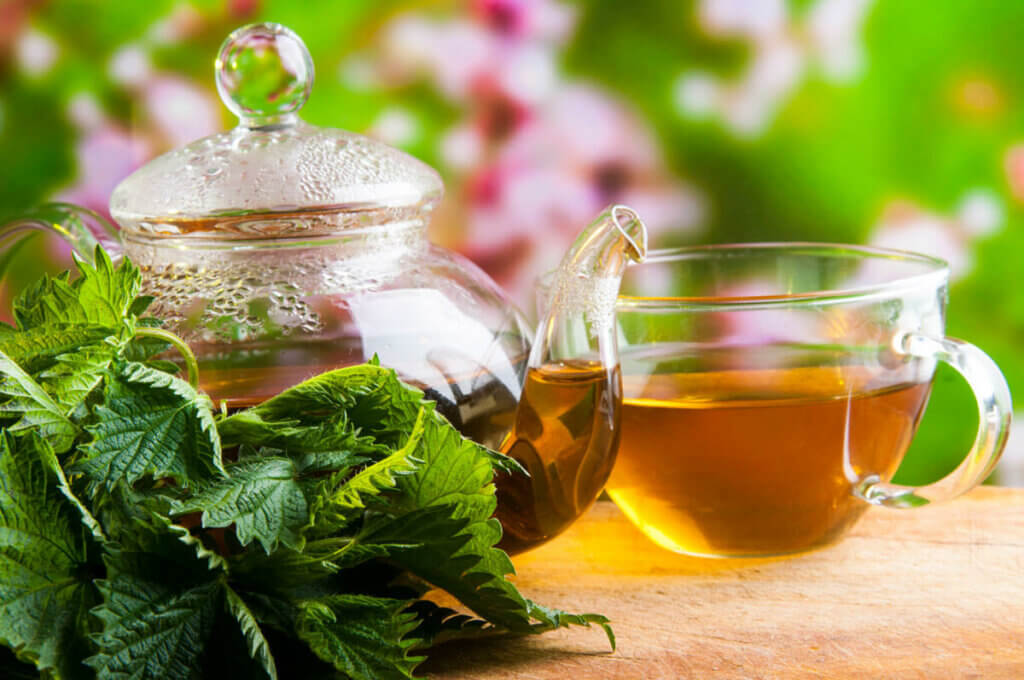
Ways to Use Stinging Nettle
One of my favorite ways to use fresh stinging nettles is to saute them in a pan with some garlic and butter and then top it with a fried egg.
Some other ways to eat stinging nettles are:
- Added to soups or stews.
- Sauteed and served as a side.
- Added to stir fry.
- Baked into a quiche.
- Stinging nettle tea.
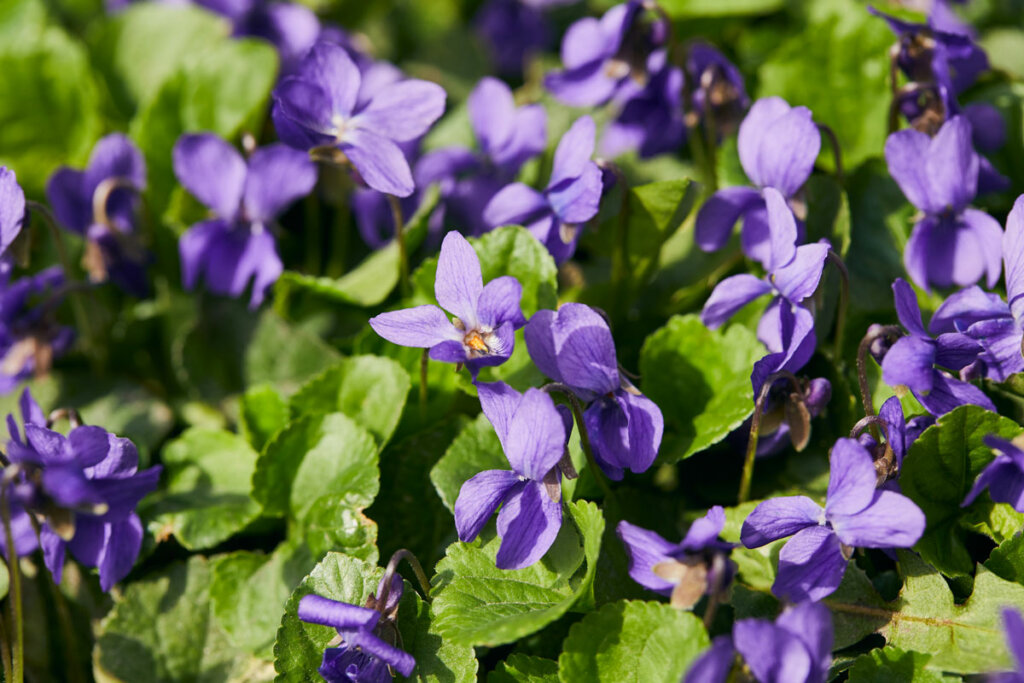
Ways to Use Violets
Violets don’t have any medicinal benefits, but you can turn them into all kinds of fun products. You can eat the leaves and flowers of violets but don’t eat the seeds.
- Violet Greens – Use the greens just as you would spinach. Add them to salads, scramble with eggs, add to smoothies, etc.
- Violet Flowers – The flowers have kind of a sweet flavor. You can just eat them off the plant, or they make a charming touch on a salad.
- Vinaigrette – Violet flowers can make a great addition to a homemade vinaigrette. It will add a touch of sweetness (but not so much that you’ll want to omit sweetener altogether). What I love about this is the color in the petals will turn your vinaigrette a slight purple color.
- Simple Syrup – Who doesn’t love a purple simple syrup? Add violets to a pot and bring it to a boil. Let it steep until all the color is extracted. Strain out the violets and measure the liquid, then add equal parts sugar, bring to a simmer to dissolve the sugar then cool completely. You now have a lovely purplish-blue simple syrup to make Italian sodas or add to beverages for a fun pop of color.
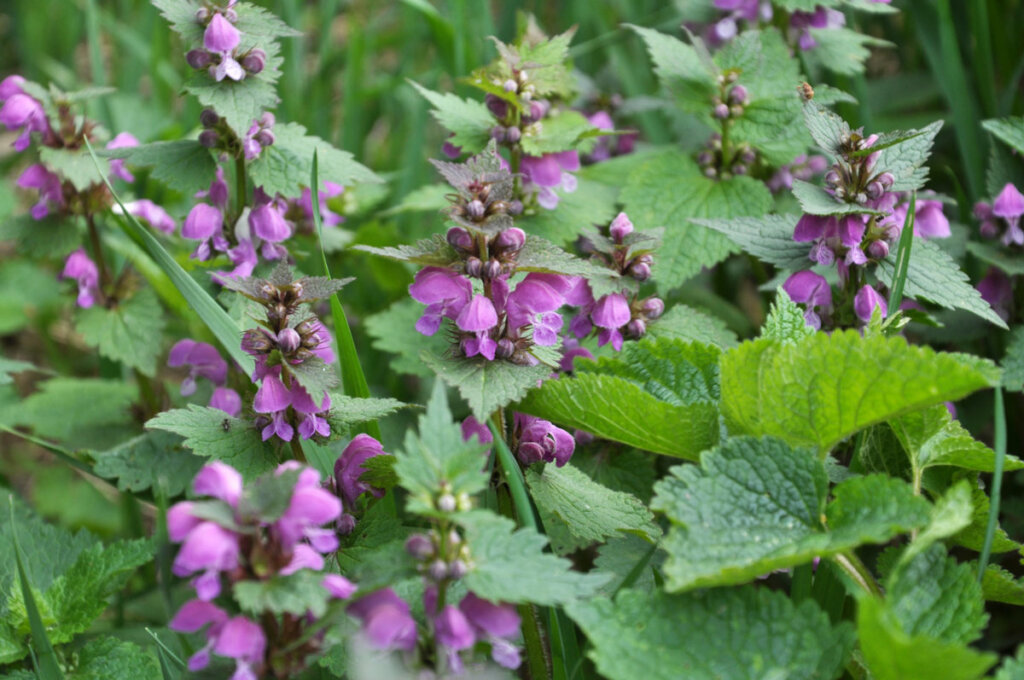
Resources
Whenever you’re foraging for wild edibles or wild medicinal herbs, it’s imperative to be 100% certain of what you’re harvesting. There are some look-a-likes that can be poisonous. Furthermore, not all plants will look identical to the pictures in the books.
These are my rules when foraging for wild edibles. And Doc Jones says, “Be humble with the umbles.” For any plants that have those wide umbrella-like flowers, be absolutely certain of what you’re harvesting.
The best way to stay safe is if you really want to harvest a plant that has a dangerous look-a-like, grow those in your medicinal herb garden.
Doc Jones recommends purchasing seeds from Strictly Medicinal Seeds or Companion Plants.
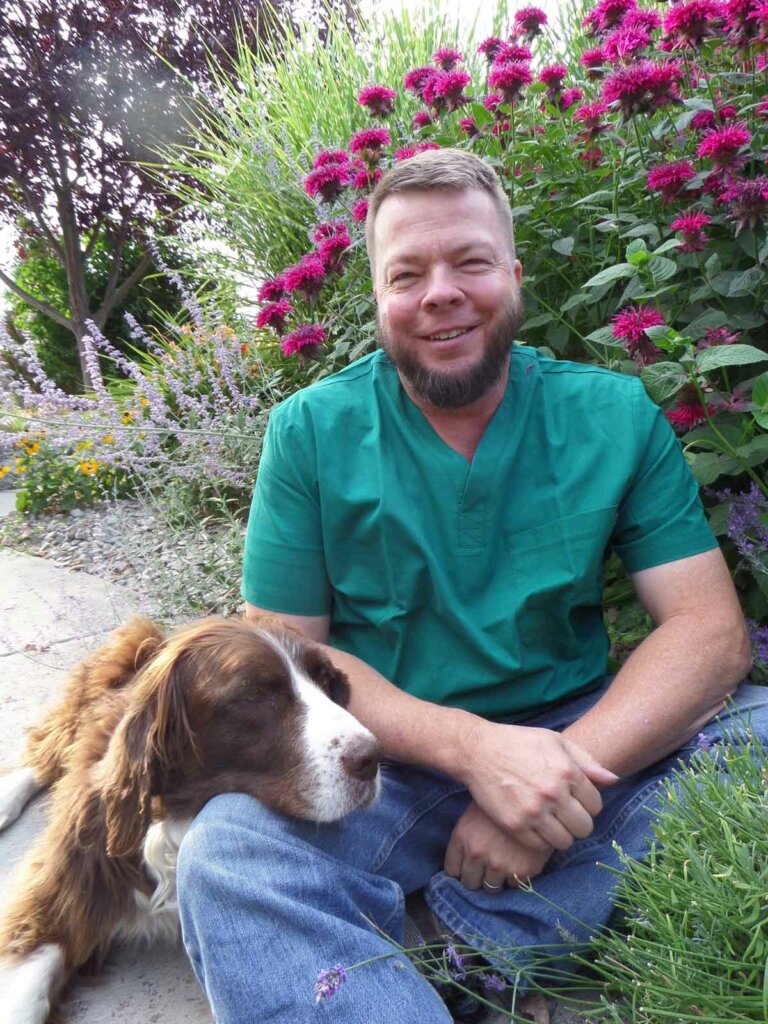
Where to Find Doc Jones
Doc Jones will actually be doing an in-person workshop here at Norris Farmstead (September 2023). If you’d like to join us for this, learn more and sign up here.
You can find Doc Jones online at the following places:
- His website, HomeGrown Herbalist
- His academy, Homestead Academy
- On YouTube at HomeGrown Herbalist
- On Facebook at HomeGrown Herbalist
Modern Homesteading Conference
This post was also sponsored by the Modern Homesteading Conference. If you missed it in 2023, the second annual Modern Homesteading Conference tickets are on sale now!
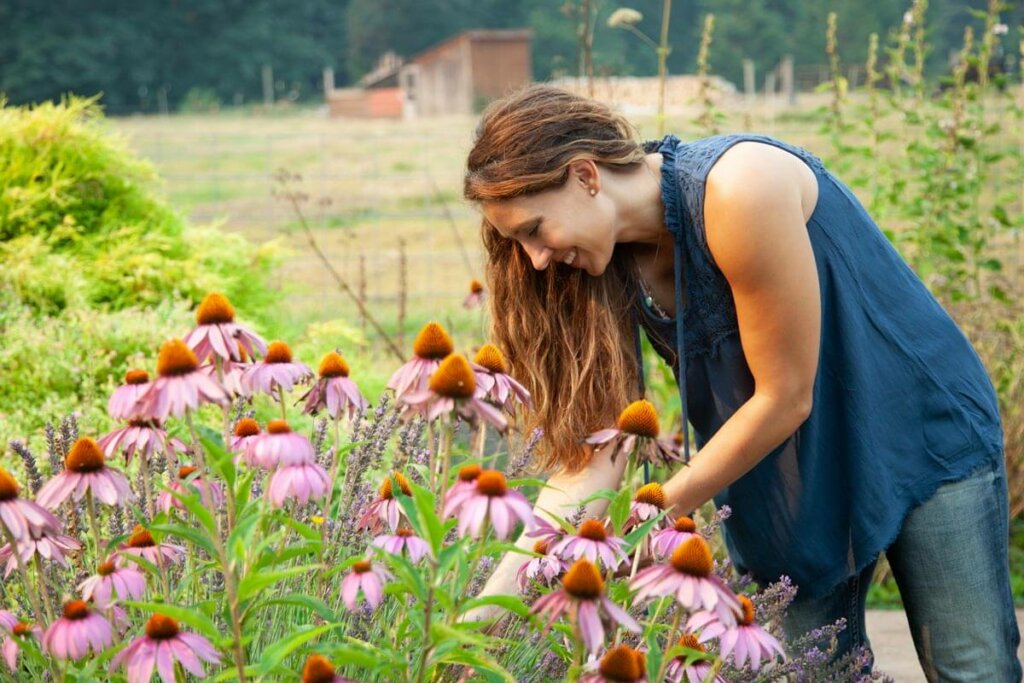
More Posts You May Enjoy
- Medicinal Herb Garden (Planning & Growing)
- What is an Adaptogen (+ Adaptogen Herbs)
- Alternative Medicine (& What to Do if Your Medicine Isn’t Available)
- How to Use Herbs and Natural Remedies at Home
- Herbal Stress Relief Capsules (Natural Remedy)
- 5 Rules for Foraging for Wild Edibles
- Comfrey Poultice
- Cottage Garden
- Using Herbs with Livestock and Animals
[fusebox_transcript]
